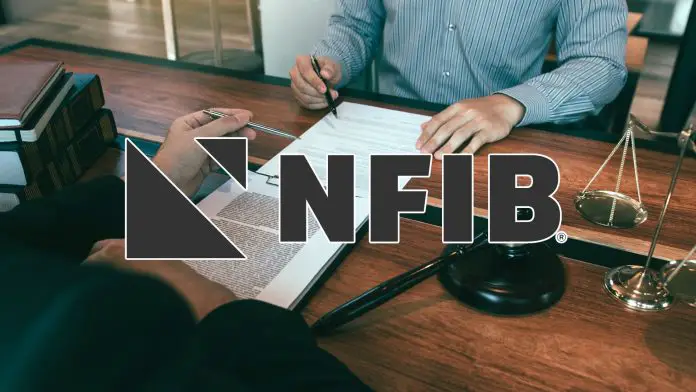In a significant legal victory, the U.S. Attorney’s Office has successfully secured nearly $9 million in fraud and money laundering proceeds—an outcome that underscores the federal government’s commitment to combatting fraud related to the Paycheck Protection Program (PPP). This case may have broader implications for small business owners who are navigating a landscape increasingly rife with legal scrutiny around COVID-19 relief funds.
On May 14, 2025, U.S. District Judge Michael E. Farbiarz issued a final judgment forfeiting about $7 million in cash and a property valued at approximately $2 million in Cresskill, New Jersey. This forfeiture followed a civil complaint that highlighted the activities of Jae H. Choi, who fraudulently obtained nearly $9 million in PPP loans and subsequently laundered the proceeds through various financial accounts.
The PPP was launched to support small businesses during the COVID-19 pandemic, allowing many to obtain loans to cover payroll and other essential expenses. However, incidents like this remind business owners of the risks associated with misusing these funds.
United States Attorney Alina Habba emphasized the importance of the case, stating, “The U.S. Attorney’s Office remains committed to prosecuting fraud connected to COVID-19 relief programs.” This sentiment is crucial for small business owners who should be aware of the severe repercussions of mismanagement or fraudulent claims.
Key benefits of the crackdown on fraud include the preservation of the integrity of government programs designed to help small businesses weather financial storms. By ensuring that funds are used appropriately, the government can continue to offer robust support during economic downturns. This not only fosters public trust but also secures the longevity of programs that many businesses rely on.
However, these benefits come with practical applications and considerations. Small business owners should adopt stringent measures to ensure compliance with all federal guidelines when applying for and utilizing assistance like PPP loans. This includes maintaining transparent records, verifying the legitimacy of expenses, and understanding the terms and conditions laid out by the government.
From a practical perspective, small businesses can enhance their internal controls to mitigate fraud risks. Regular audits and training for employees on compliance can play vital roles in safeguarding funds. Implementing these practices can help avert legal pitfalls that may arise from unintentional mismanagement.
Nonetheless, small business owners should also remain vigilant about the complexities of regulatory compliance. The evolving landscape of federal assistance programs means that staying updated on the latest guidelines and requirements is essential. Entrepreneurs must navigate these waters carefully, balancing the need for immediate assistance with the long-term repercussions of any missteps.
“The case illustrates the importance of adherence to federal guidelines,” said Assistant U.S. Attorney Peter A. Laserna, who represented the government in the case. “Small business owners must understand that the misuse of federal funds can lead to significant legal consequences.”
For many small business owners, the road has already been fraught with challenges, as they strive to adapt in the face of economic uncertainty. While the repercussions of fraudulent activities spotlight the need for caution, they also serve as a reminder of the support available through legitimate means.
The comprehensive investigation into Choi’s actions was led by the Internal Revenue Service, the Social Security Administration, the U.S. Postal Inspection Service, and the U.S. Small Business Administration. This collaborative approach highlights the importance of inter-agency communication to safeguard taxpayer interests and ensure the responsible use of government funds.
As the federal government continues to reinforce its stance against fraud, small business owners are encouraged to prioritize ethical practices. Staying informed and compliant in this evolving regulatory environment is crucial for securing the financial support that is vital for their businesses’ survival.
For more details on this case and ongoing investigations into fraud related to PPP loans, you can view the original press release from the U.S. Department of Justice here.
Image Via Envato: wutzkoh



